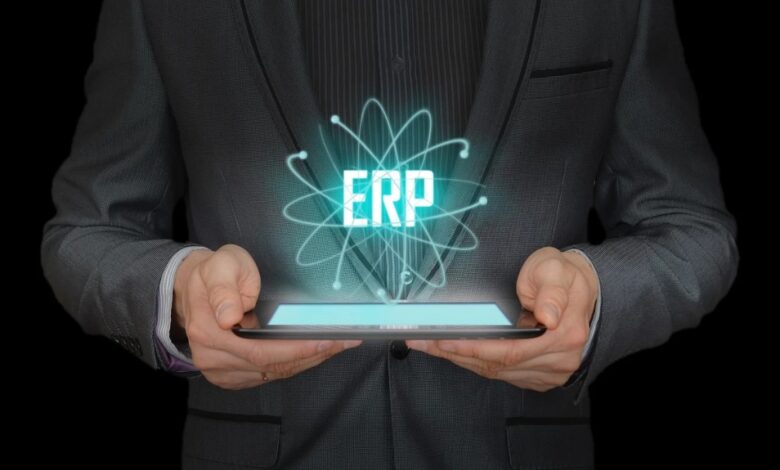Understanding ERP Evaluation – Key Considerations for Businesses

Enterprise Resource Planning (ERP) structures have become basic to modern businesses, allowing them to organize operations, enhance effectiveness, and ensure data integration across all departments.
However, before executing an ERP system, businesses need to conduct an all-encompassing evaluation to ensure the preferred solution joins with their unique necessities and goals.
Why ERP Evaluation is Important
· Assessing Business Needs
The beginning of ERP evaluation involves resolving the specific needs, aims, and processes of the business. This contains identifying pain points, process inefficiencies, and regions that require bettering. Understanding these key aspects enables trades to select an ERP system that addresses their current challenges and supports future development.
· Identifying Key Features
Different ERP systems offer a wide range of looks and functionalities. During the evaluation process, trades must prioritize and label the key features that are essential for their operations. This may include modules for economic management, inventory control, supply chain administration, human resources, and consumer relationship management.
· Scalability and Flexibility
Businesses need to analyze the scalability and flexibility of the ERP arrangement. A scalable solution can evolve with misrepresentation and adapt to changeful needs over time.
Additionally, flexibility in customization and unification capabilities is critical to ensure the ERP system may be tailored to meet distinguishing requirements without important disruptions to existing processes.
· Vendor Selection
Choosing the right ERP merchant is a critical conclusion that can greatly impact the success of the exercise. Businesses should judge vendors based on determinants such as opinion, industry experience, client support, scalability of the solution, and adjustment with trade goals. Requesting demos and remarks can provide valuable acumens into the vendor’s capabilities and track record.
· Total Cost of Ownership (TCO)
The total cost of ownership contains not only the upfront costs of purchasing and executing the ERP system but more ongoing expenses such as maintenance, upgrades, preparation, and support. Businesses should cautiously evaluate the TCO of each ERP solution to guarantee it aligns accompanying their budget and provides long-term worth.
· Data Security and Compliance
Data security is a detracting consideration when judging ERP systems, especially for trades handling delicate information. It is important to determine the security measures achieved by the ERP vendor, in addition to ensuring agreement with manufacturing regulations such as GDPR, HIPAA, or SOX.
Best Practices for ERP Evaluation
· Cross-Functional Team
Form a cross-working team forming members from different areas to ensure an inclusive evaluation of the ERP structure’s suitability for all areas of deceiving someone.
· Detailed Requirements Documentation
Documenting detailed trade requirements and objectives will help evaluators join these with the countenance and functionalities offered for one ERP system under consideration.
· Demos and Prototyping
Request recording of music or speech and prototypes from ERP peddlers to understand in what way or manner the system works and by what it will meet the organization’s distinguishing needs. Hands-on experience can provide valuable judgments.
Conclusion
ERP judgment is a crucial step that trades must undertake to identify the right answer that meets their unique needs and aims. By carefully assessing trade requirements, labeling key features, evaluating merchants, considering scalability and adaptability, and analyzing the total cost of takeover.
Ensuring data safety and compliance, trades can make informed resolutions that lead to favorable ERP implementations and maximize the benefits of these powerful arrangements.



